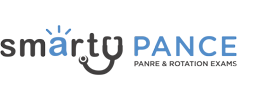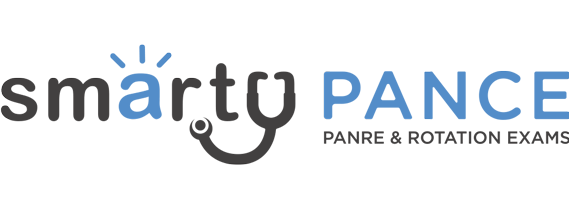Hypertrophic Cardiomyopathy: The Daily PANCE Blueprint
Which of the following medications should be avoided in patients with hypertrophic obstructive cardiomyopathy (HOCM)?
A. Aspirin
B. Digoxin
C. Disopyramide
D. Verapamil
E. Atenolol
Answer and topic summary
The answer is B. Digoxin
Digoxin is contraindicated in patients with hypertrophic obstructive cardiomyopathy (HOCM) because it increases the force of cardiac contractions, which can exacerbate outflow obstruction in HOCM. This can lead to worsening of symptoms and potentially dangerous arrhythmias.
Here are some key examples of medicines to avoid (or use with caution) in HOCM.
- Vasodilators: This includes drugs like nitrates and some antihypertensive medications. Vasodilators can decrease venous return and arterial pressure, potentially worsening the obstruction in HOCM.
- Inotropic Agents: Medications that increase the force of heart contractions, such as digoxin, can exacerbate outflow obstruction in HOCM.
- Diuretics: While they are commonly used in heart failure, diuretics should be used cautiously in HOCM. They can decrease blood volume, potentially worsening obstruction.
- Non-Dihydropyridine Calcium Channel Blockers: Although some calcium channel blockers (like verapamil) can be used in HOCM, non-dihydropyridine agents can have negative inotropic effects and should be used with caution.
- High-Dose Beta-Blockers: While beta-blockers are a mainstay of HOCM treatment, excessive doses can lead to bradycardia and hypotension, which might worsen the obstruction.
- NSAIDs and COX-2 Inhibitors: These can lead to fluid retention and worsen the condition in some patients.
View blueprint lesson
Smarty PANCE Content Blueprint Review:
Covered under ⇒ PANCE Blueprint Cardiology ⇒ ⇒
Also covered as part of the Pediatric Rotation EOR topic list

